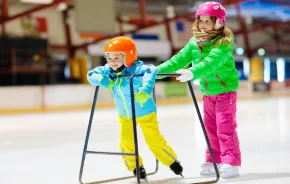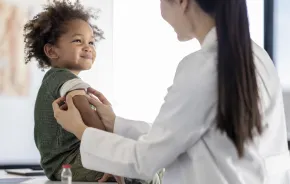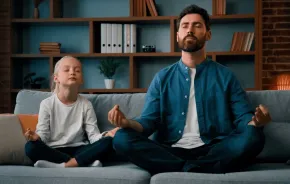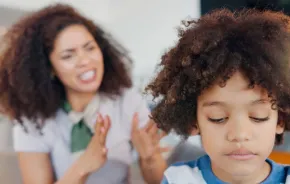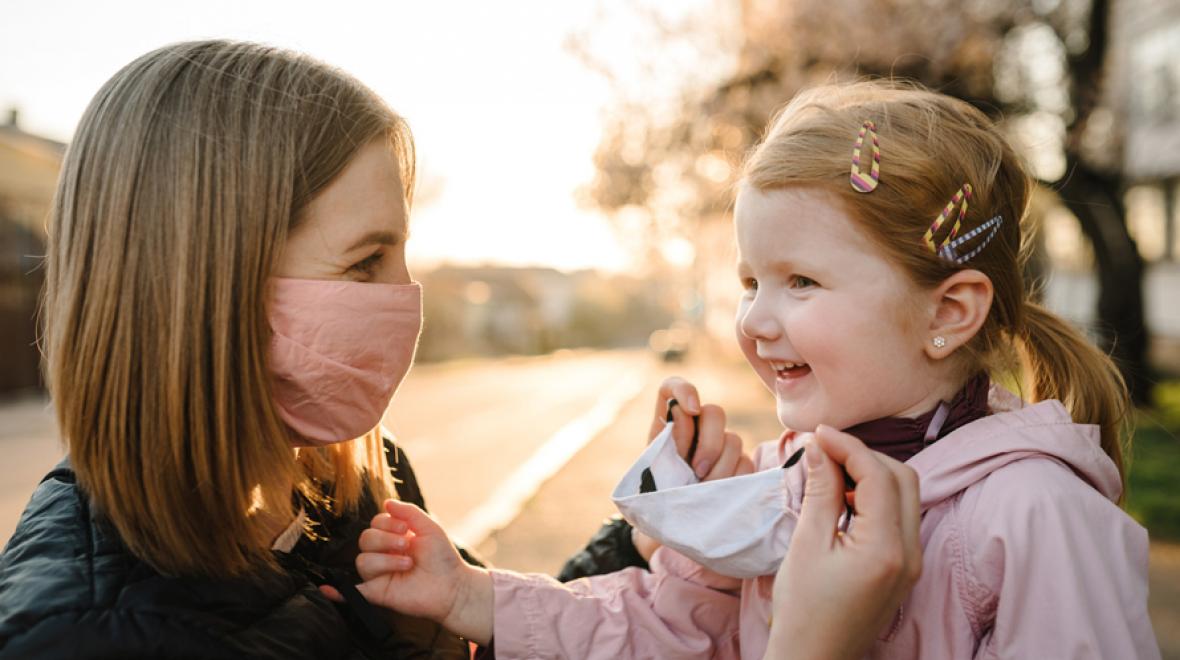
Summer is underway and many of us are feeling restless and ready to get out and enjoy the warm weather. Some of us are itching to see family and friends whom we may not have seen for a while. But is it safe to travel this summer amidst the ongoing COVID-19 pandemic? There is no question that in terms of catching the virus, isolating at home is the safest thing to do. However, each person must weigh their individual risks, and for those who are very elderly, or who have underlying risk conditions, staying at home until there is a vaccine or until rates of transmission are very low is still the best advice.
To travel or not this summer also depends on where you are traveling to. Personally, I would be hesitant to travel from a place where viral transmission rates are low to one where transmission rates are high. Conversely, if traveling from somewhere where transmission rates are high, you would want to consider carefully whether you would be putting others at risk by traveling, and take steps to mitigate any risk, such as bringing your own food and water and monitoring for symptoms. I would also caution against traveling to a place where being able to social-distance would be difficult, such as to a dense urban area or visiting someone with a very small apartment.
Here are some things to keep in mind if you choose to travel this summer:
Consider risks of mode of transportation
Travel by car is generally preferred to plane travel, because you have more control over your surroundings, and you are not breathing the same air as many strangers for hours on end. That is not to say that plane travel is unsafe in terms of COVID-19, but car travel is generally safer. However, if you need to travel cross-country, and traveling by car would involve multiple hotel stays and eating at many restaurants, particularly if traveling through virus-hot spots, then plane travel may actually be safer than car travel.
Choose lodging that minimizes contact with others
The virus does not seem to be transmitted as easily outdoors as indoors, so choosing hotels or lodges with doors that open to the outside, instead of into a hallway, are also choices that may make you safer. Avoid lodging that requires you to use an elevator. The less contact you have with other people, whether other travelers, or staff at hotels and restaurants, the safer. Staying in private homes through services like Airbnb, staying in cabins, tents or RVs are all ways that you enjoy less risky travel.
Wearing a mask while indoors, or when around people while outdoors, is one safety measure that is recommended. Washing hands frequently, and avoiding touching the face, are also important.
Bring the appropriate supplies
Masks and hand sanitizer are the most important things to bring when leaving the home for most reasons. For road trips, bringing things that will allow you to minimize contact with others is helpful, such as extra food and drinks and day trip supplies including sunblock, bandages and pain relievers such as Tylenol.
Think outside the box – or just think outside
Camping, hiking, biking and outdoor adventuring seem like activities that will allow families to adhere best to social distancing guidelines. Sitting outdoors at a scenic location reading a book or just nature-gazing can also be a nice change of pace for those who are tired of being cooped up. For those who prefer the comforts of home rather than sleeping on the ground and using a Porta-potty while camping, “glamping” may be a great option—with beds and flush toilets and hot showers, but still in tents that are well-distanced from each other and lots of fresh air. Overall, for travel this summer, trips that emphasize time outdoors are the safest. People must take into account their own risk profiles, as well as their own comfort level with risk. Until transmission rates have dropped much further than they have so far—basically until there is a vaccine—the safest option for most people is still to stay home.








